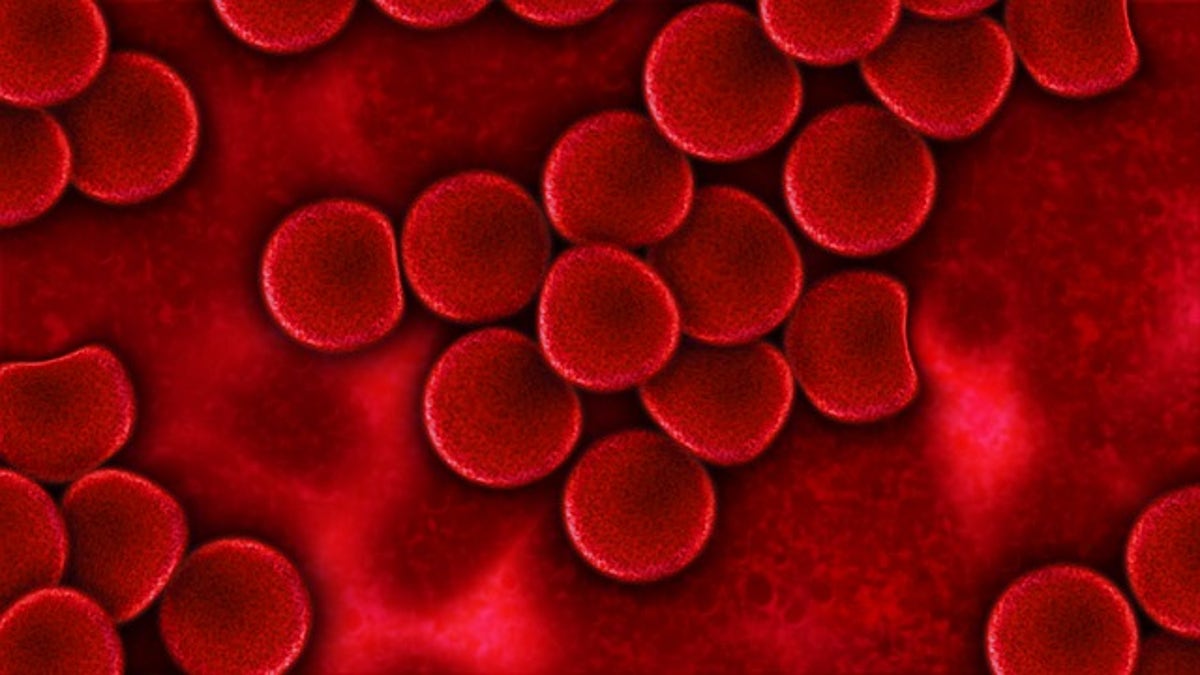
(Geralt/Public Domain)
Researchers in the United Kingdom have studied data from over 100 sets of identical twins and identified a blood protein that may predict whether an individual will develop mild cognitive impairment (MCI), which has been linked to Alzheimer’s disease and other forms of dementia.
The study authors, from King’s College London, say the study is the largest of its kind, as it measured over 1,000 proteins simultaneously in the blood from over 200 healthy people by using a protein biomarker tool called SOMAscan. According to a news release, for the first time, they discovered the blood level of the protein MAPKAPK5 was, on average, lower in individuals whose cognitive ability declined over a 10-year period. That decline was prevalent regardless of age and genetics, two known risk factors for Alzheimer’s.
While studies involving magnetic resonance imaging (MRI) and positron emission tomography (PET) scans have provided evidence of dementia in asymptomatic patients, researchers pointed out these tests can be time consuming and expensive. There is no cure for Alzheimer’s, and previous prevention trials have been challenging because they have to include at-risk individuals, who can be difficult to identify, the news release noted.
Study authors argued their finding could lead to the design of better prevention trials. Few previous studies have analyzed blood from individuals exhibiting early stages of cognitive decline, they said.
“Although we are still searching for an effective treatment for Alzheimer’s disease, what we do know is that prevention of the disease is likely to be more effective than trying to reverse it,” lead study author Steven Kiddle, biostatics research fellow at the MRC Social, Genetic & Developmental Psychiatry Centre at King’s College London, said in the news release. “The next step will be to confirm whether or not our initial finding is specific for Alzheimer’s disease, as this could lead to the development of a reliable blood test which would help clinicians identify suitable people for prevention trials.”
The study was published Tuesday in the journal Translational Psychiatry.








































